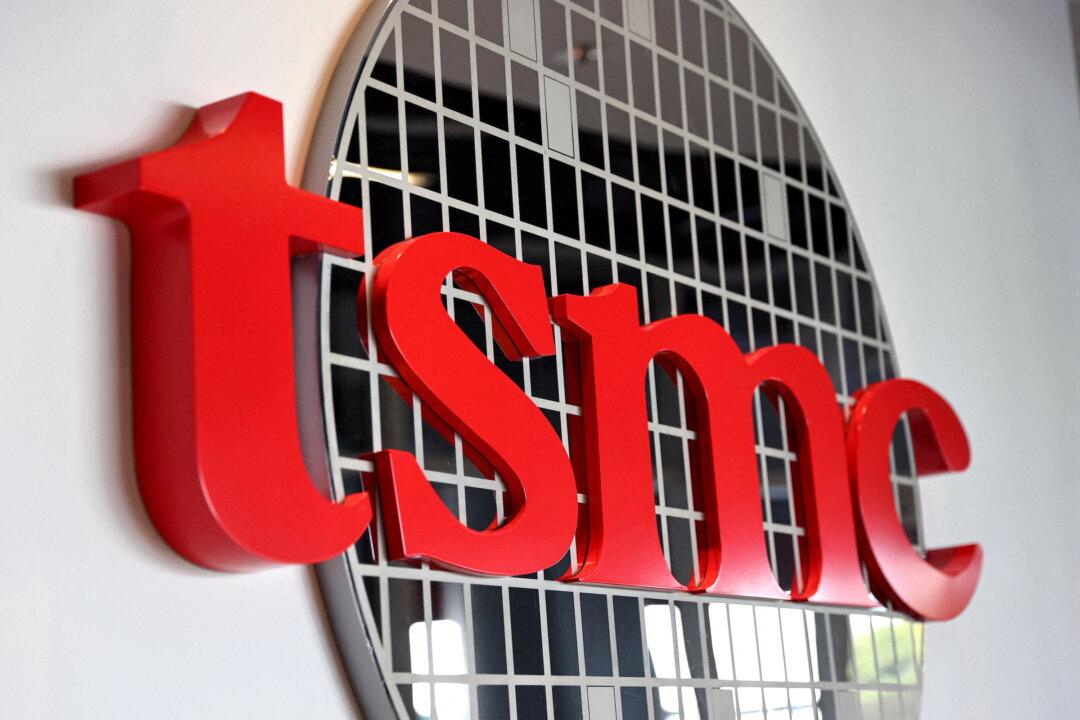TAIPEI—Taiwan’s TSMC forecast revenue growth that could be the highest in 10 quarters, saying it was “highly confident” about its long-term prospects and touted demand for high-tech chips used in data centres and electric vehicles.
The outlook from the world’s largest contract-chipmaker follows blow-out results for the April-June period that underscored resilient demand amid a chip crunch caused by pandemic-fuelled sales of smartphones and laptops.





